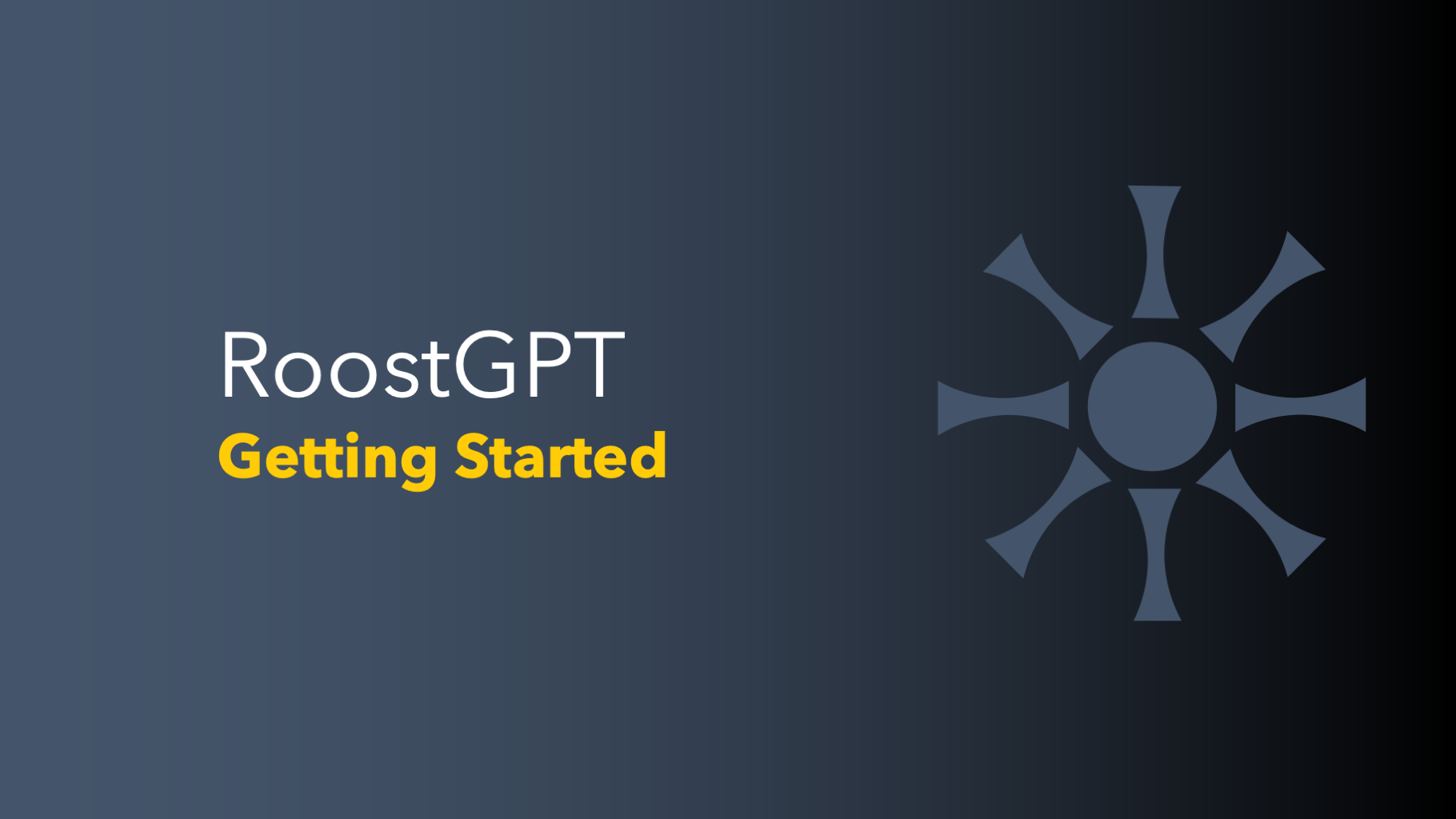<< Previous Edition: Flexing Open Weights
As we embark on a new year, I'd like to delve into a concept that is as straightforward as it is profound, and one that holds significant implications for AI's role in our lives. This is Moravec's paradox, a fascinating principle that offers deep insights into the capabilities and limitations of AI, and its profound impact on the human experience.
Moravec's paradox is the observation in artificial intelligence and robotics that, contrary to traditional assumptions, reasoning requires very little computation, but sensorimotor and perception skills require enormous computational resources.
In simpler words, AI effortlessly excels at complex mathematical calculations, but it faces significant challenges when it comes to performing simple tasks like fetching a cup of coffee. Accomplishing the latter requires substantial computational resources and advanced robotics.
AI and the Changing Work Landscape: A New Era of Equity
Throughout the course of civilization, our society has consistently placed a higher value on intellectual professions over physical ones. This inclination is not without reason. Let us delve into an imaginary scenario to better grasp this concept. Imagine a deserted island where 100 individuals find themselves isolated from the outside world, as if trapped in a chaotic movie plot. Initially, survival becomes the utmost priority, with emphasis on those who possess strength and hunting skills. However, once the collective secures food and shelter, the brilliance of the intellectual individuals begins to shine. They innovate new tools and devise ingenious methods for sustainable living.
Throughout history, the delicate balance of physical prowess and mental acuity has endured. In ancient times, leaders such as monarchs and chieftains embodied a fusion of strength and intellect. They were followed by a second tier of specialists, including formidable warriors and esteemed priests.
This playbook, however, is now being challenged by the rise of generative AI technologies like ChatGPT, which are primarily impacting cognitive, white-collar professions. Economist Larry Summers aptly captures this shift in his reflection on the nature of job displacement in the era of AI, contrasting it with past changes in blue-collar sectors:
Some of the people who have been quickest to say structural change is something you have to live with and accept as a part of modernity, when it was happening to other people, people maybe who wore uniforms to work, are now going to be seeing it happen to them. And it will be interesting to see how they respond. - Larry Summers
Summers' words highlight a significant turning point: the domain of cognitive work, long considered secure and unaffected by the disruptions that impacted manual labor, now stands at the forefront of transformation, thanks to generative AI. This paradigm shift beckons us to reassess our societal and economic constructs in light of advancing technology.
This change could lead to a society where fairness and equity, as envisioned in socialist ideals, are more tangible. Yet, it's important to be aware of the challenges this brings, such as finding purpose beyond work. As automation takes over routine jobs, people might have a chance to seek deeper meaning in life. Freed from daily toil, they can explore creativity, learn more, or help their community. This shift isn't just about work; it's an opportunity to grow personally and make life richer for everyone.
The Next Chapter: The Rise of the Machines
Knowledge workers, facing an AI shake-up, aren't just sitting back and relaxing. If they're going to be nudged towards a 'higher purpose' due to job losses, rest assured, they're keen on bringing their blue-collar buddies along for the ride — a true "no worker left behind" policy in action. But here's the twist: Moravec's paradox makes this a tricky venture, necessitating big leaps in robotics. As generative AI and robotics merge, they're sparking major innovations, reshaping industries far and wide. And with every step AI takes, it uncovers more challenges in robotics, ramping up the drive for even more ingenious solutions.



